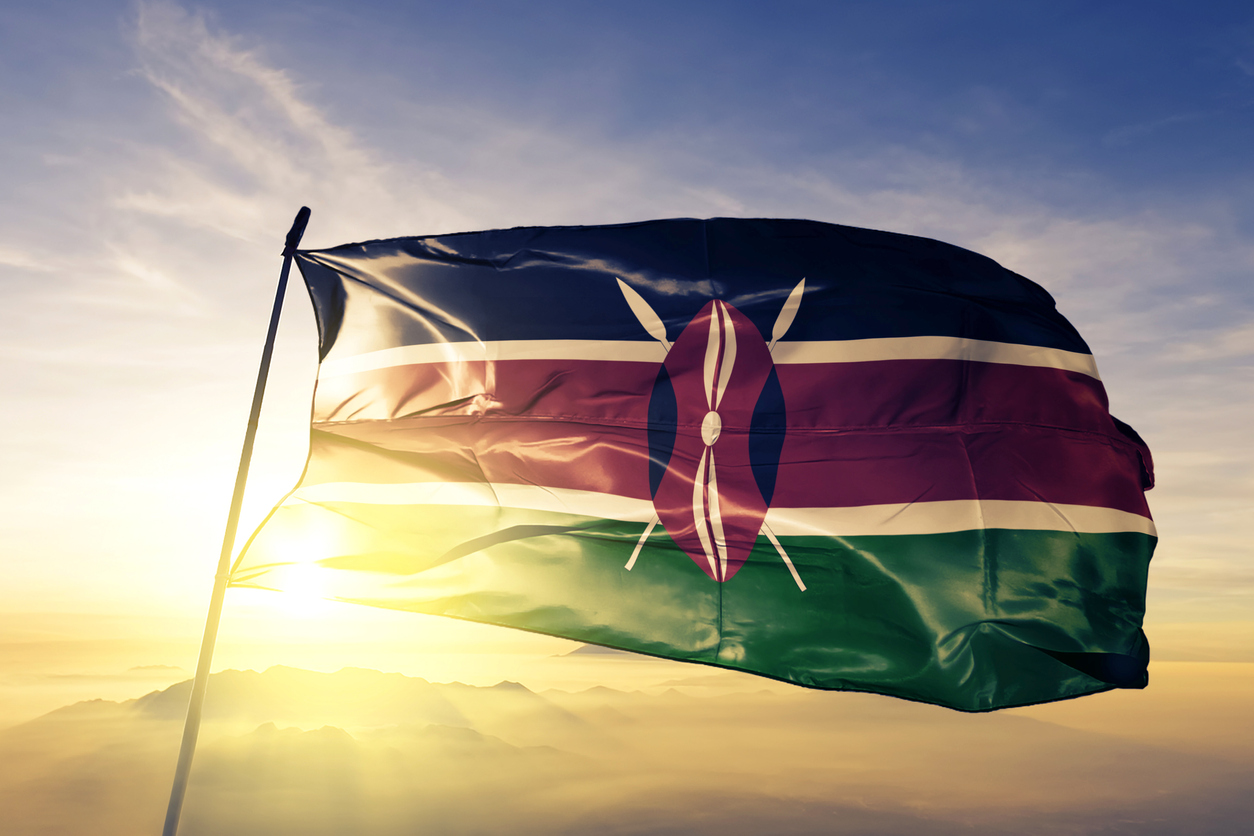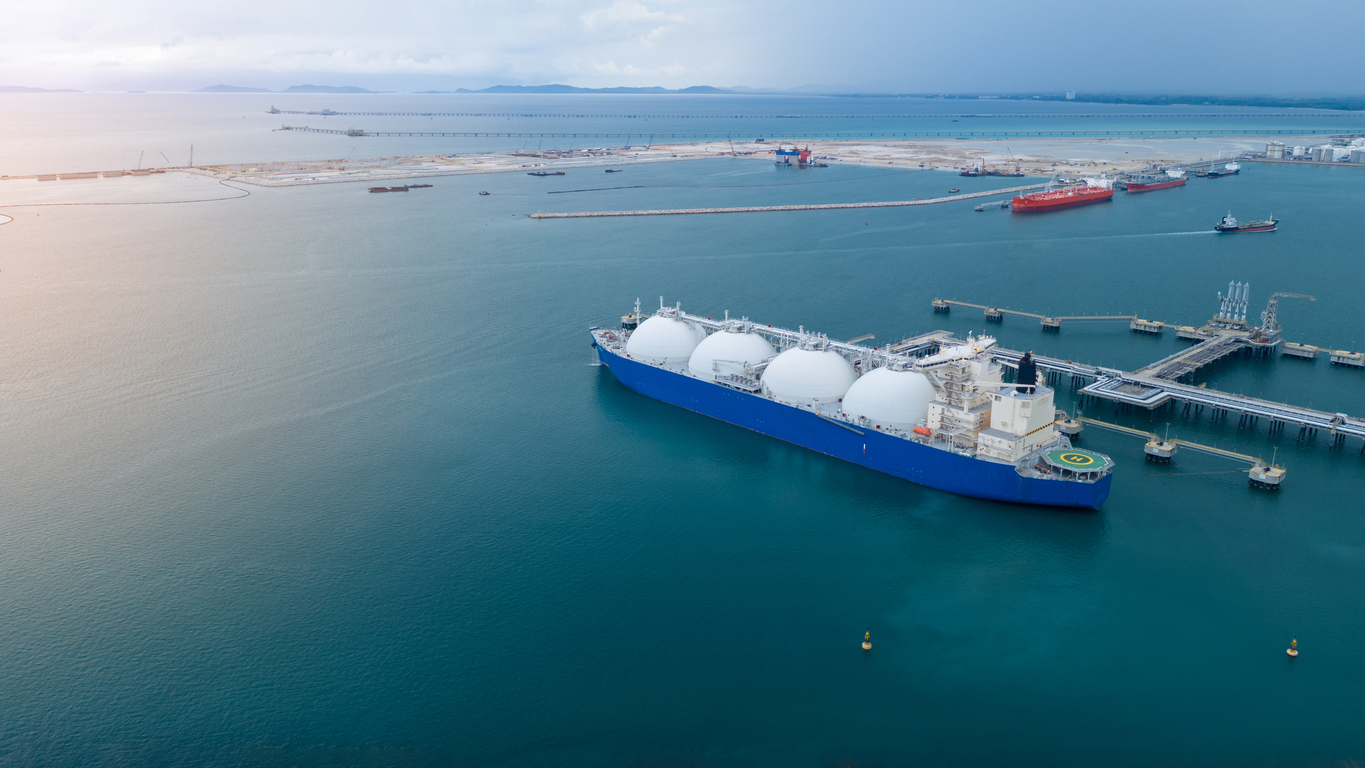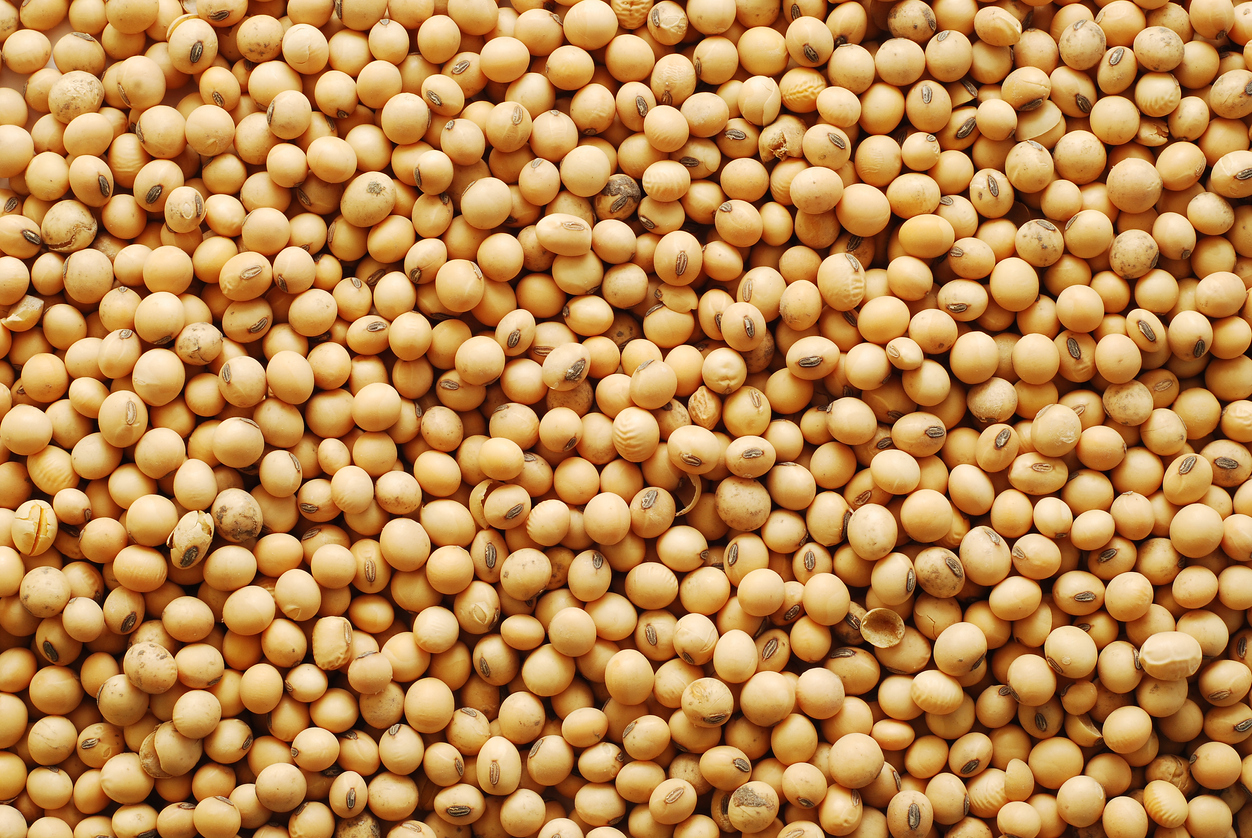A Step-by-Step Guide to Shipping Goods from Panama to Kenya
A Step-by-Step Guide to Shipping Goods from Panama to Kenya
Shipping goods from Panama to Kenya can be a complex and time-consuming process. It involves a range of factors, from customs regulations to paperwork requirements and more. To simplify the process and make it easier to understand, this guide provides a step-by-step overview of the entire process. Learn the different steps involved in shipping goods from Panama to Kenya, as well as practical tips and advice from experienced professionals. Whether you’re an individual looking to move your own belongings or a business owner who needs to get their products to the other side of the world, this guide will help you do it quickly, efficiently and cost-effectively.
Overview of Shipping Regulations between Panama and Kenya
Panama and Kenya are both members of the East African Community (EAC). This means that goods shipped between these two countries follow the same customs regulations, regardless of the port of origin. However, it’s important to note that different regulations apply for shipping goods from Panama to other countries. All imported goods are subject to inspection by the Kenya Revenue Authority (KRA) and any taxes and duties are paid at the port of entry. For shipping goods from Panama to Kenya, the importer needs to submit a declaration form, along with the usual commercial invoice and packing list. Any goods that are classified as prohibited or restricted will not be allowed into the country. This applies to food, plants, seeds, and other agricultural products. Unless the importer has obtained the necessary certification, these items cannot be shipped to Kenya.
Required Documentation for Shipping Goods from Panama to Kenya
The importer or shipper must submit a commercial invoice to the KRA. This document includes basic information about the goods being shipped, as well as related costs. It must be printed on company letterhead and signed by an authorized representative. The KRA requires an invoice for all shipments, including personal items or shipments made on behalf of another person. For shipping goods to Kenya, you will also need to fill out a declaration form. This form includes details of the items being shipped, their description, quantity, and value. It also includes information on the sender and receiver, as well as the mode of transportation. The declaration form must be signed by an authorized person and include a stamp or seal that shows the company information.
Choosing the Right Shipping Company
Choosing the right shipping company to transport your goods is an essential part of the shipping process. When selecting a shipping company, there are several factors to consider, including their: – Experience in the industry (what is their track record?) – Services provided (what services do they offer?) – Price (what is the cost of their services?) – Reputation (do they have a good online presence?) When shipping goods from Panama to Kenya, it’s important to find a shipping company that specializes in transporting goods to East Africa. East African ports are busy, with multiple ships arriving and departing every day. It’s important to find a reputable company that can navigate this process quickly, efficiently and effectively.
Packaging and Labeling Requirements
The importer must ensure that all packed goods meet the requirements for transportation by sea. They must be properly packaged, labeled, and documented. It’s also important to be aware of the specific labeling requirements for shipping goods to Kenya. Certain items, such as food, plants, and seeds, must be clearly marked with their type and any necessary certification. All documents and items related to the shipment (commercial invoice, packing list, declaration form etc.) must be kept in case of an inspection. All items must be packaged in a manner that prevents damage or breakage during the shipping process. All items must also be packaged in a way that prevents them from being mistaken for dangerous goods. Dangerous goods are not permitted in personal shipments.
Understanding Customs Regulations
As mentioned above, any goods that are classified as prohibited or restricted will not be allowed into the country. Customs regulations are strict and importers are responsible for complying with these rules. If goods are seized by the KRA, the importer may be fined or charged a penalty for their non-compliance. There are different ways to import goods into the country, depending on their type and quantity. The importer can choose from the following options: – Wholly imported goods: These are goods that are entirely manufactured or produced outside of Kenya. – Partially imported goods: These are goods that are produced outside of Kenya, but have some components or raw materials that are sourced locally. – Re-exported goods: These goods are imported into Kenya and then exported to another destination.
Tracking the Shipment
It’s important to keep track of all shipments, no matter what goods they contain. This can be done through a tracking service, which provides real-time updates on the location and status of the shipment. There are many online tracking services that can help importers keep track of their shipments. Most shipping companies offer this service as an extra cost, although there are a few that will include it in their standard shipping rates. If there is a delay or issue with the shipment, importers can contact the appropriate government agencies for help. It’s important to keep in mind that you cannot file a claim until the shipment has been in transit for a certain amount of time. This varies from country to country, so it’s important to know the required time frame for your shipment.
Delivery and Final Payment
In most cases, the importer pays for all shipping costs up front. However, it’s not uncommon for shipping companies to negotiate a final payment once the shipment has been delivered. In order to do this, importers must have a local contact who can accept the goods from the shipping company. This person can either be an employee, friend or family member. Once the shipment has been delivered, the importer pays the shipping company the agreed upon amount, plus any costs associated with the third-party delivery. The importer is responsible for paying any taxes and duties related to the import of goods at the port of entry. They should also be prepared to pay any fees or fines that may be levied by the KRA.
Tips for Shipping Goods from Panama to Kenya
It’s important to be aware of the risks associated with shipping goods to East Africa. These include delays, damage to the goods, and more. To reduce the risk of these things happening, it’s best to use a reputable shipping company that’s experienced in shipping goods to East Africa. It’s also important to stay informed about any political or economic changes in the region. These factors may cause a sudden change in port traffic, which can affect the amount of time it takes to transport goods from Panama to Kenya. Before shipping goods to Kenya, importers must consider the various taxes and duties that may be levied at the port of entry. It’s important to stay informed about these rules and regulations, as they can change at any time. It’s also important to work with a shipping broker who can help you navigate these rules and regulations. They can also recommend a reputable shipping company that can transport your goods safely and efficiently.
Resources for More Information on Shipping Goods from Panama to Kenya
There are many resources available to importers who are shipping goods to East Africa. These include trade shows, online forums and industry publications. In addition, there are a number of government agencies that offer information and assistance to importers. These include the Kenya Revenue Authority, East African Community and the Kenya Ports Authority.








LEAVE A COMMENT
You must be logged in to post a comment.